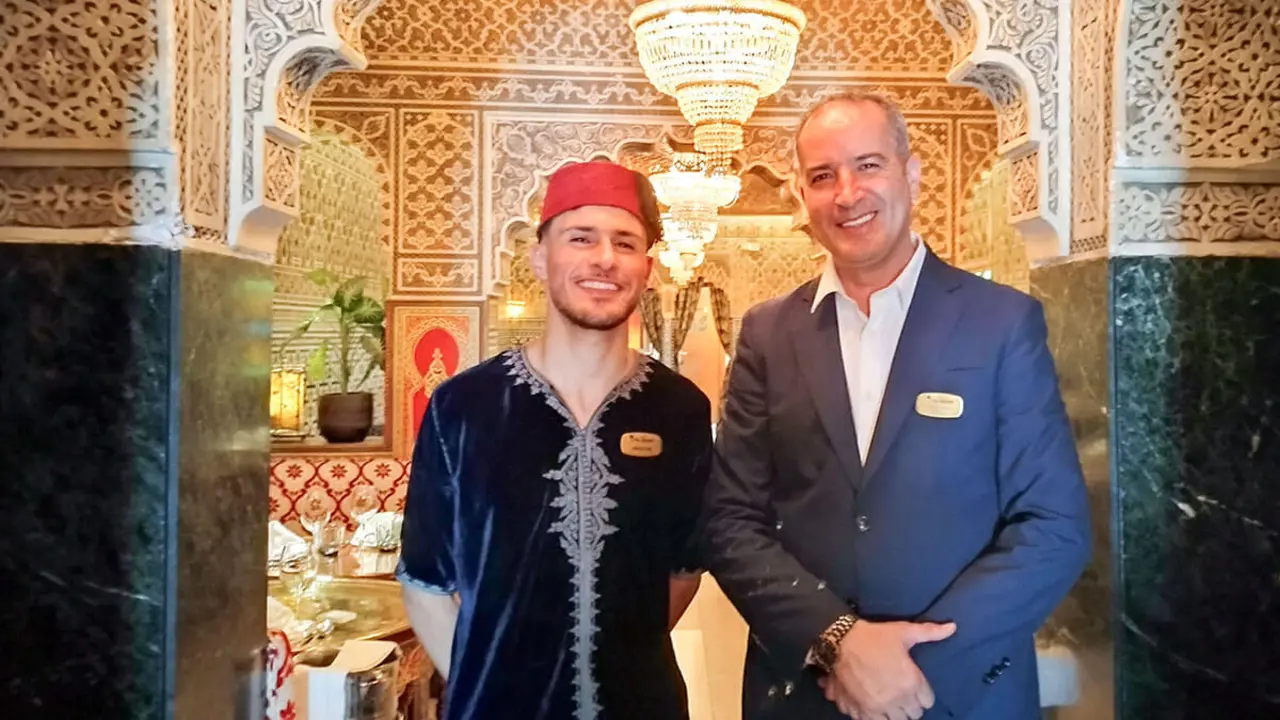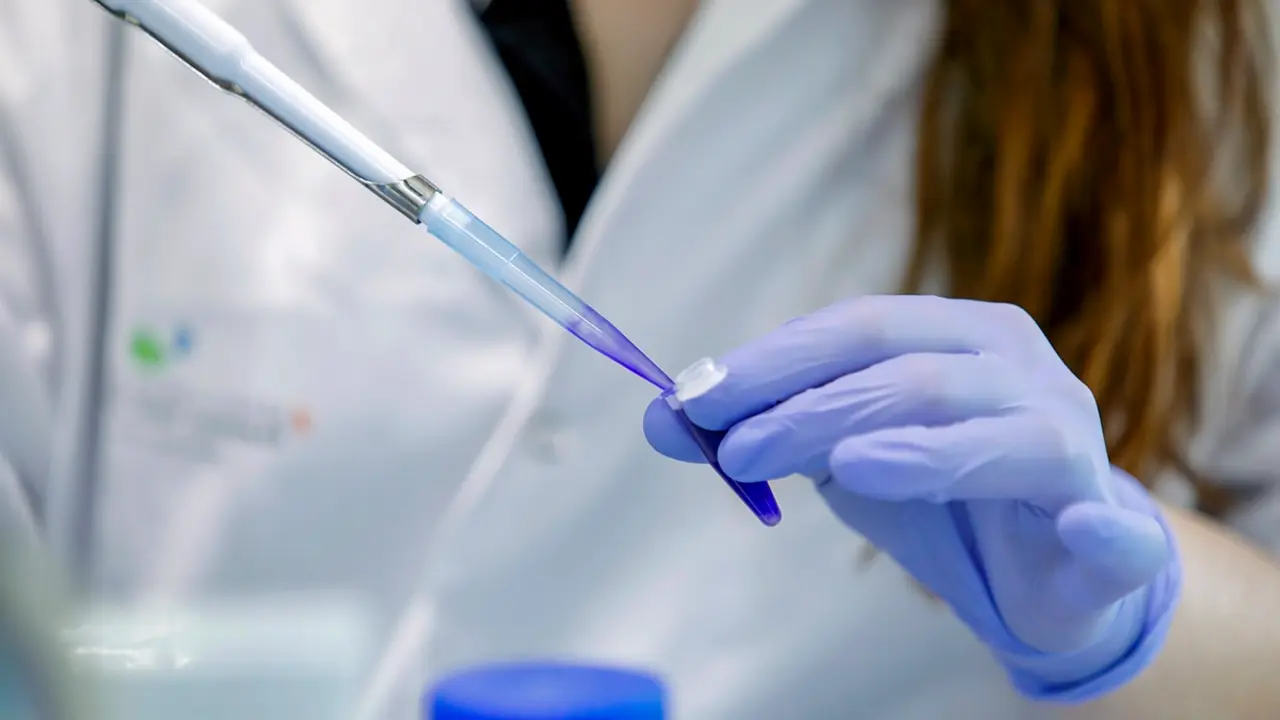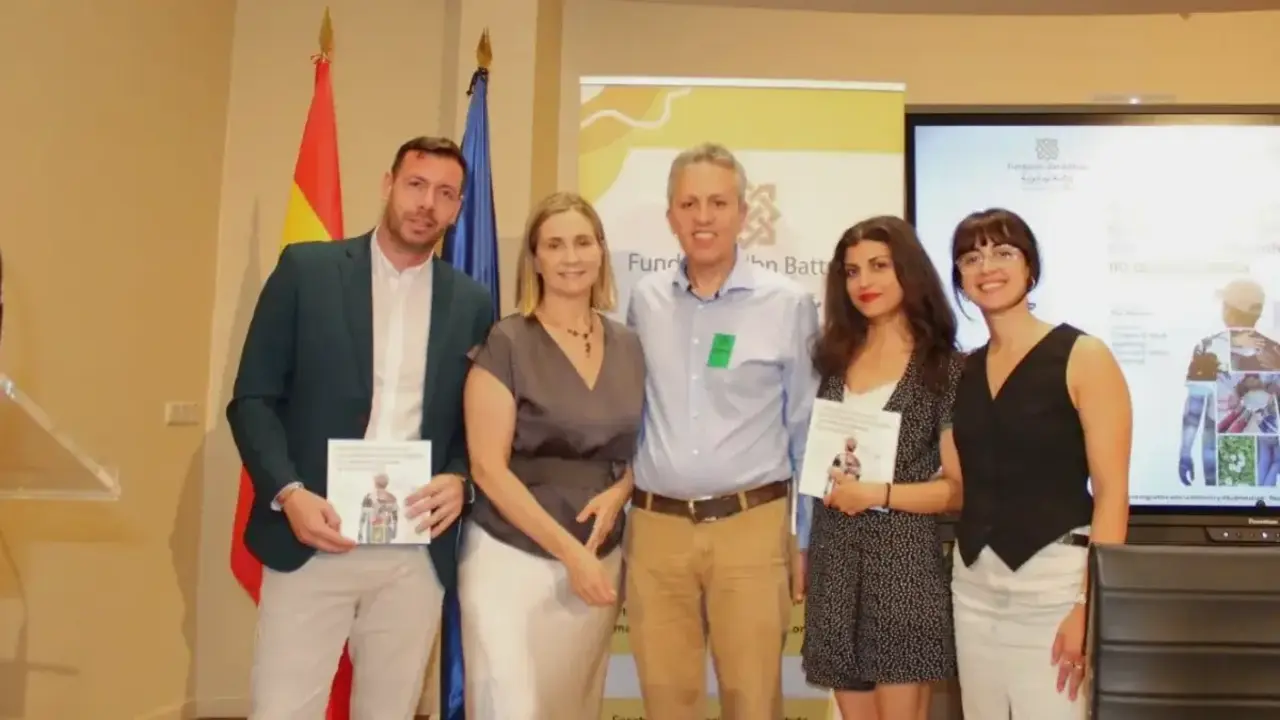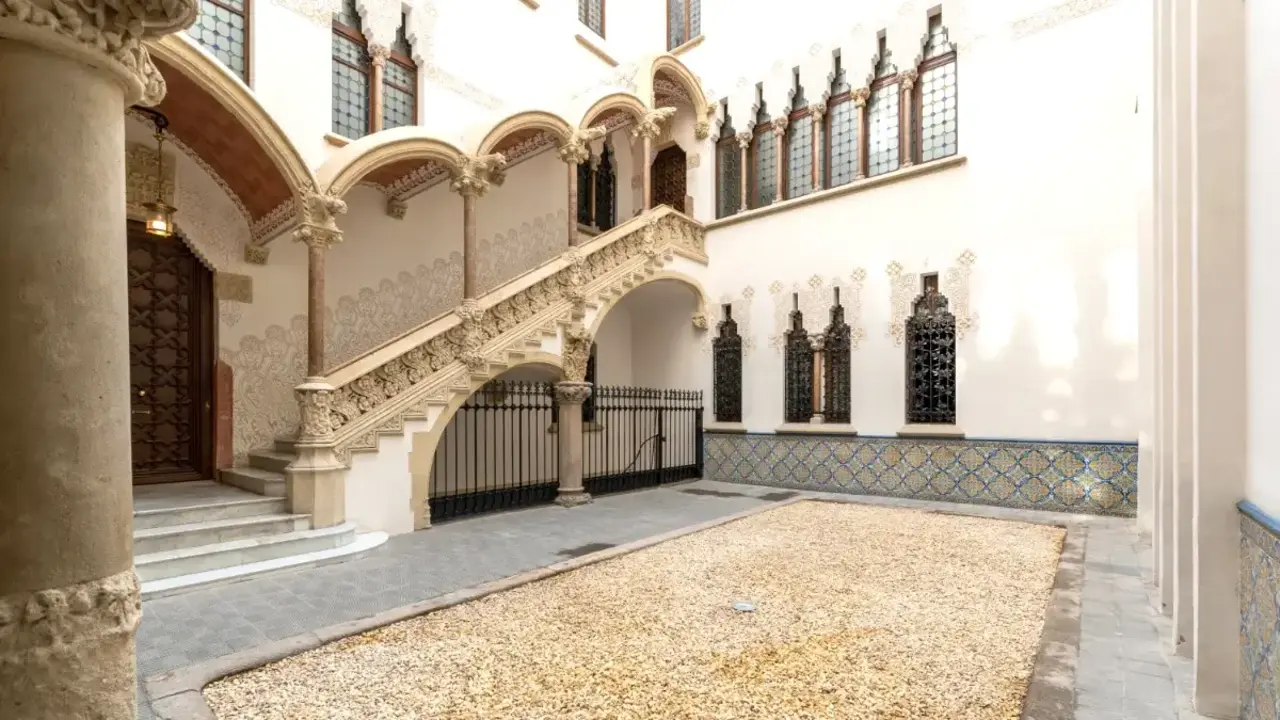We cannot waste the concept of human rights
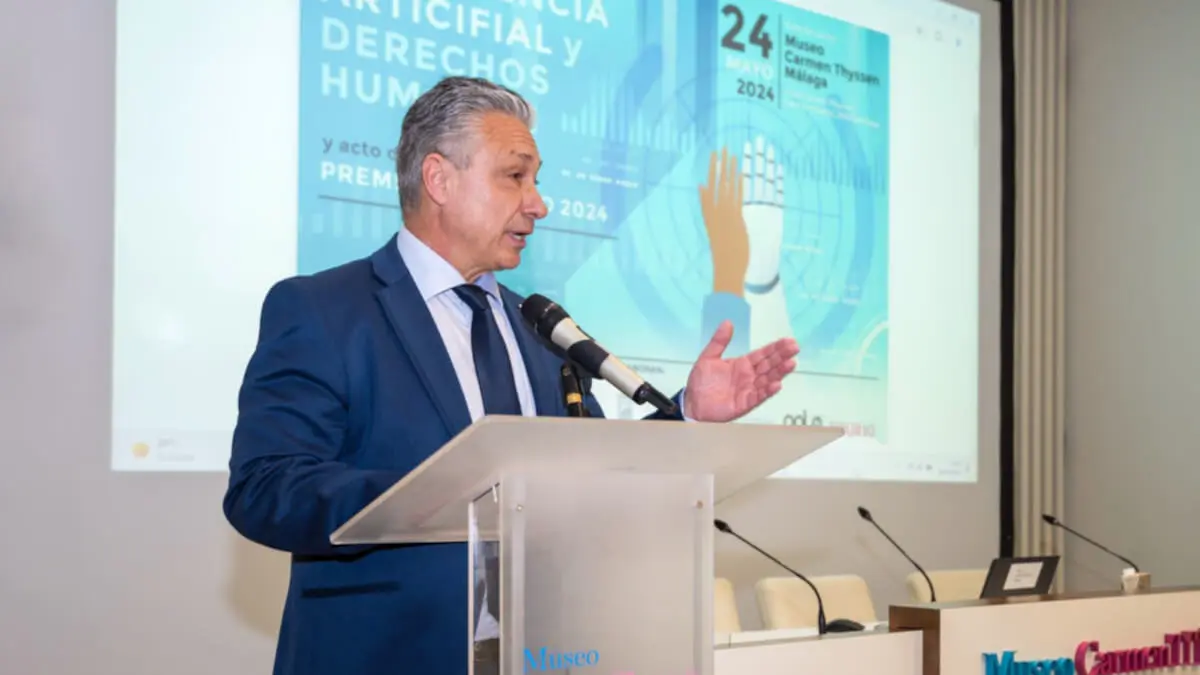
The Spanish Human Rights Observatory organised a seminar on artificial intelligence and human rights at the Thyssen Museum in Malaga, in collaboration with the Provincial Council and Malaga City Council, on the occasion of the presentation of its Catalejo Awards.
The seminar's presentations focused on the technological and social horizon of artificial intelligence in society and its impact on aspects related to human rights, as well as explaining the scope of the new regulations approved by the European Union on artificial intelligence.
Mario Rigau, President of the Human Rights Observatory of Spain. Malaga, an incomparable setting in which to organise this conference.
Yes, of course. We began our relationship with Malaga by awarding it the distinction of being a City Committed to Human Rights and the Sustainable Development Goals. It was the first Spanish city to receive this distinction and, subsequently, we began to work with the conference and the holding of our Catalejo Awards in the incomparable setting of the Thyssen Museum.
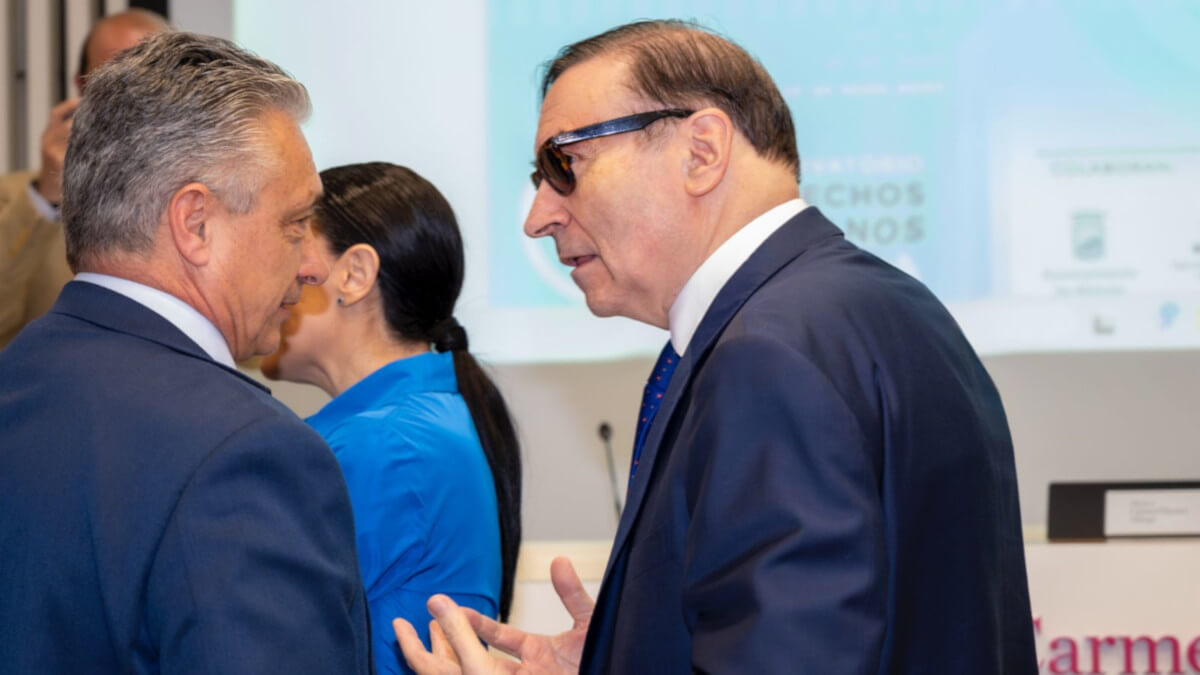
Mr. Rigau, why and for what purpose is the Observatory?
The Observatory is a non-profit, private entity, made up of individuals, not entities or companies. We are independent of any public or private power. First of all, our priority and foundational task is to explore, identify and highlight actions and initiatives in favour of human rights that we consider to be benchmarks so that they can be applied or replicated by third parties. And, in addition, to situate Spain's role as an international actor in humanitarian law.
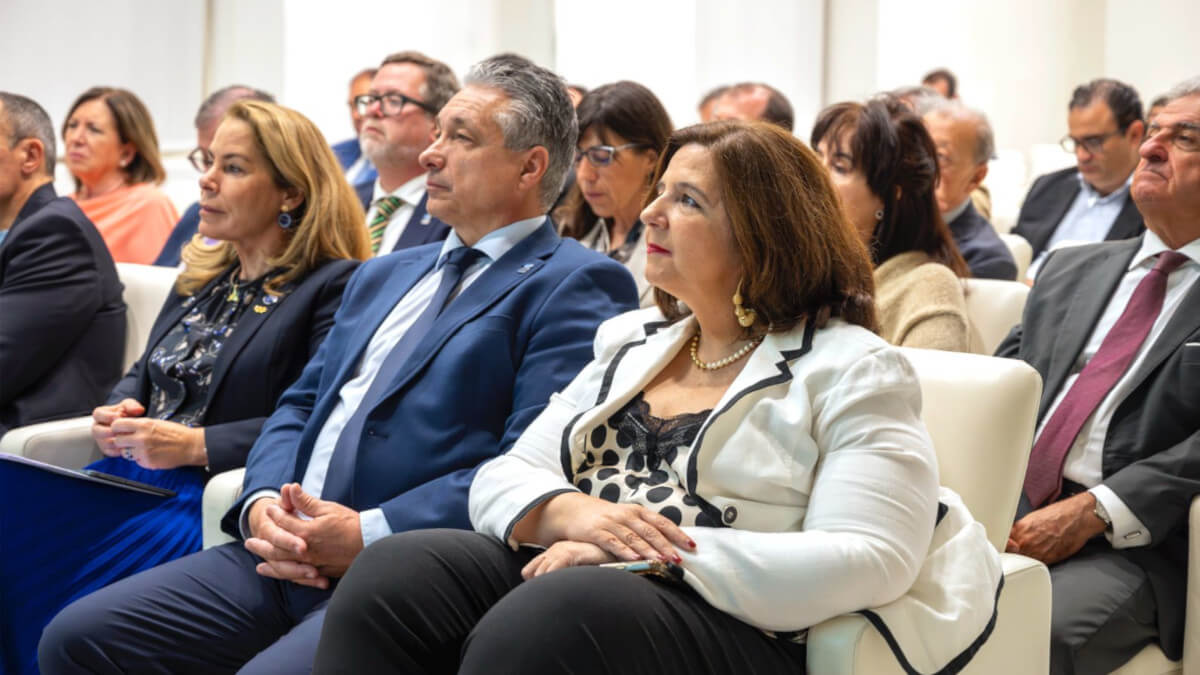
What do the Catalejo Awards recognise and why the name Catalejo?
The name Catalejo is similar to scanning the horizon and discovering things. We scan the horizon in our environment and discover unique initiatives that seem to us to contribute something different and, from there, we investigate, generate reports and, in this case, in this year's Catalejo Awards, they are projects that really seemed to us to be very deserving of our distinction.

Let's take a look at the winners. In the Business category, ACCIONA, CIMATIC, Bodegas Clos Galena, the Gredos San Diego Cooperative and, in the Women and Equality category, Junior Female Leaders. In the Spain in the World category, the Royal Academy of Diplomacy of the Kingdom of Spain and, in the Media Academy, Cruz Sánchez de Lara and, in the Special category, Diputación de Málaga. A varied cast, above all from Spanish society. I believe that Spanish society should be more active in this area. The Observatory is an example that society, in a private way, has to mobilise itself more.
Fortunately, at the Observatory we know that, below or beyond the conflicts that may be very present in public and published opinion in this country, there are many companies, many entities, many public administrations that work quietly and discreetly and modestly in favour of human rights and sustainable development objectives.
And that is what interests us. We are less interested in the spotlight and more in the machinery. The discreet, daily work to build positive human rights and, above all, those that are in the interest of certain groups that have difficulties.
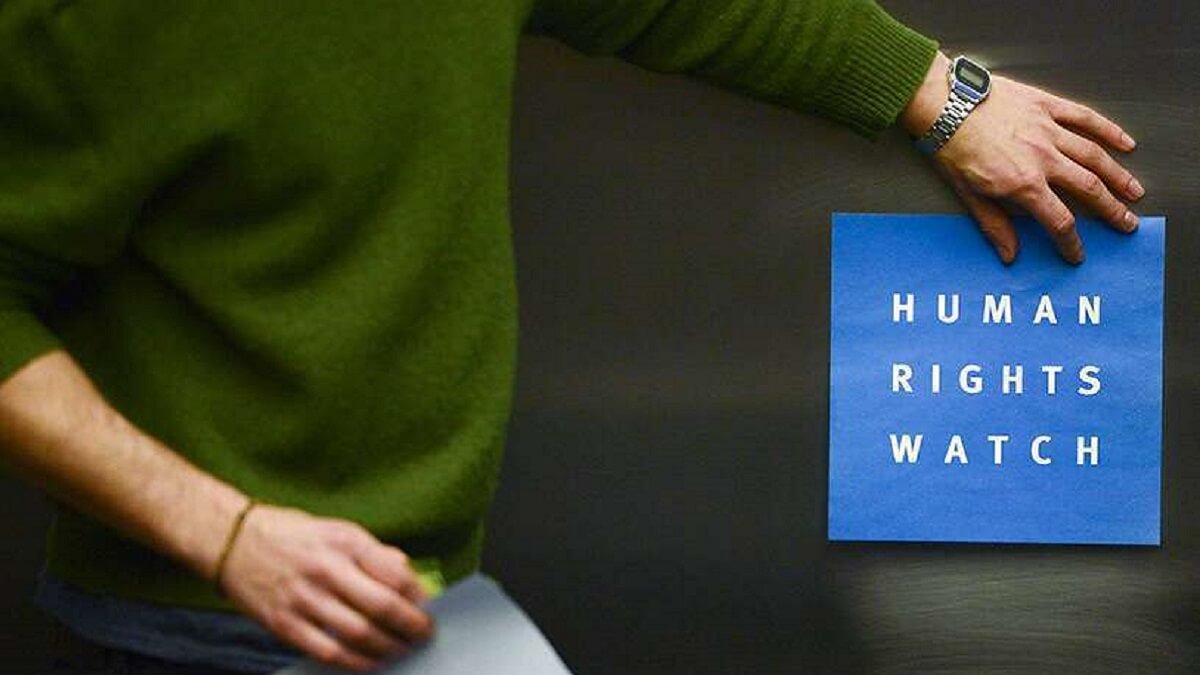
The Observatory has chosen Artificial Intelligence and Human Rights as the theme of the seminar. Why? What was the focus of the seminar during the day?
Basically, the approach we wanted to give to the seminar was, firstly, to contextualise what is understood by artificial intelligence and what artificial intelligence actually is, which is not the same thing, as we have seen with the magnificent speakers who have accompanied us. And, secondly, to map the impact of this artificial intelligence on people's daily lives, both in their social and family activities and in their work and other areas of people's normal lives.
We found it an interesting combination and I really think that we have obtained important contrasts that open the way for future work on projects on the role of artificial intelligence in terms of what it can benefit human rights, which we think is a lot, and what we need to monitor in terms of its negative impact on human rights.
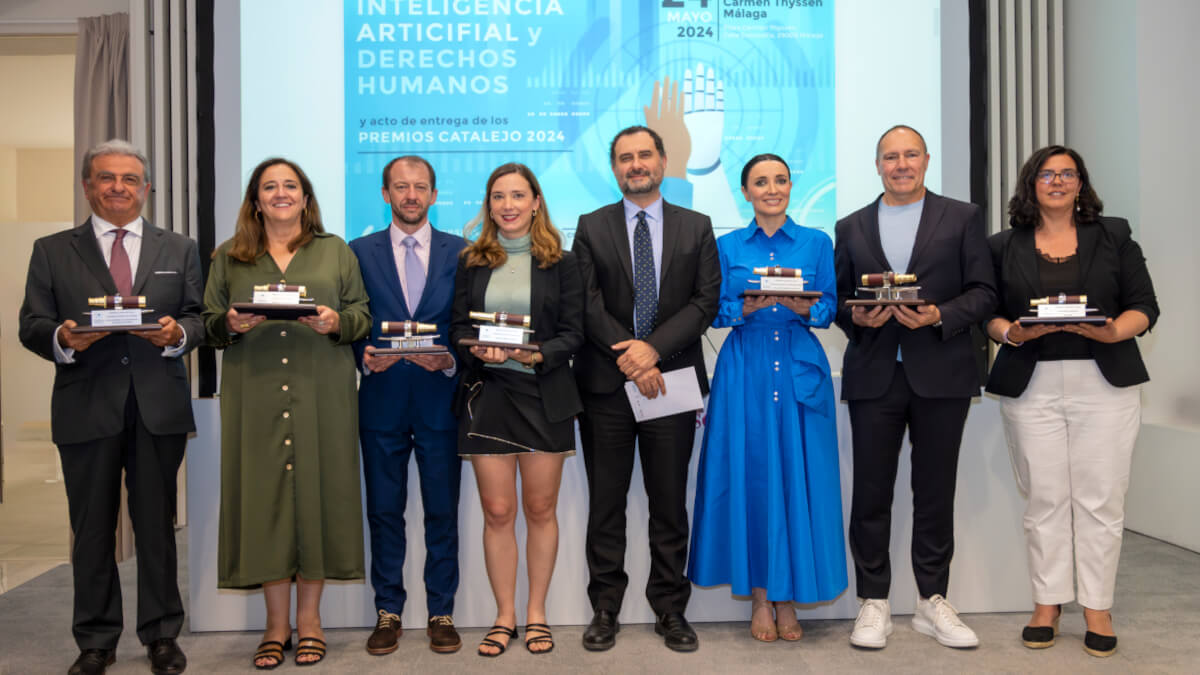
Finally, human rights are often spoken of with great solemnity and it is something that perhaps needs to be taken care of and respected in people's daily lives. I remember that, for example, the Mayor of Malaga, Francisco de la Torre, emphasised education as a basic aspect of respect for people's human rights.
Well, I would say one thing, I do not know if it is politically correct, but in the political debate, if human rights are everything, then they are nothing. We can't waste the concept of human rights. I think we have to take a serious look at what really marks the human rights space.
We all know the UN Universal Charter on Human Rights, the Sustainable Development Goals. That is the roadmap and not to put all this in the "give and take" of the political debate. We must demand seriousness and rigour from institutions and public authorities when talking about human rights, above all because the first thing they have to do is to lead by example.
And that means working seriously and often discreetly in favour of human rights, without seeking to show off and without looking for the catwalk.


